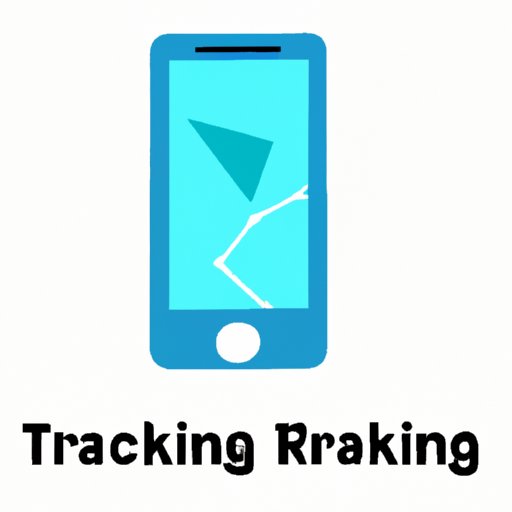
Introduction
Losing or having a cell phone stolen can be a frustrating and stressful experience. Fortunately, there are practical methods that can help you locate your missing phone. This article explores different ways of tracking phones, whether your own or someone else’s, and offers tips for ensuring privacy and legality.
7 Simple Ways to Track Your Lost or Stolen Cell Phone
You can start tracking your phone immediately after realizing it is lost or stolen. Simple methods include calling your phone, using another device to access the phone’s location, or asking someone else to call it. Alternatively, you can utilize software-based tracking options like Find My iPhone and Android Device Manager. However, the effectiveness of these methods depends on several factors such as cellular connection and battery level. It’s also essential to weigh the pros and cons of each tracking method before choosing one that fits you best.
How to Track Your Child’s Cell Phone Without Letting Them Know
Parents may want to monitor their child’s phone usage to ensure their safety or to keep track of their whereabouts. Some software-based tracking options like Family Link and Norton Family offer this service, but it’s essential to balance privacy concerns as well. Parents must strike a balance between their child’s privacy and safety concerns to ensure their trust and a positive relationship.
DIY Guide: Easy Methods to Track a Cell Phone for Free
You can track a phone using its built-in features like Find My iPhone and Location Services. Social media platforms and other online tools like Twitter, Facebook, and LinkedIn can also help track phones. However, it’s crucial to remember that these methods have some limitations and drawbacks, such as accuracy and security concerns.
Using GPS Technology to Track Someone’s Cell Phone: A Complete Guide
Global Positioning Systems (GPS) tracking apps like Life360 and Glympse can help track phones accurately. However, using GPS to track someone without their consent can raise ethical and legal questions. It’s essential to understand the potential implications of such actions before deciding to use GPS tracking to the fullest.
Cell Phone Tracking Apps: Which Ones Really Work?
Popular phone tracking apps such as Spyzie, Highster Mobile, and FlexiSPY claim to offer comprehensive tracking services. These apps operate similarly, and they require permission to access the targeted device. It’s also essential to understand some ethical, legal concerns like breaching someone’s privacy rights before opting to utilize tracking apps.
The Legality of Tracking a Cell Phone: What You Need to Know
Different countries have unique laws regarding cell phone tracking, and it’s important to understand them before proceeding to track someone’s phone. It’s also crucial to weigh the legal and ethical concerns of tracking someone’s phone without their consent. Staying on the right side of the law and respecting people’s privacy rights can help avoid legal and ethical pitfalls.
Finding a Lost Cell Phone Using Google My Account and Other Techniques
If you use Google services, you’ll be happy to know that Google My Account can help you locate your phone. Additionally, other online tools and apps like Find My Device and Samsung’s Find My Mobile can help locate your phone. It’s important to remember these tools have limitations, and backing up your phone regularly is essential.
Conclusion
Tracking a cell phone can help locate a lost phone or monitor someone’s whereabouts. However, it’s essential to consider factors like legality, ethics, and privacy concerns before deciding on an option. It’s also crucial to use sound judgment when monitoring other people’s phone activities to uphold their privacy and protect their rights.





